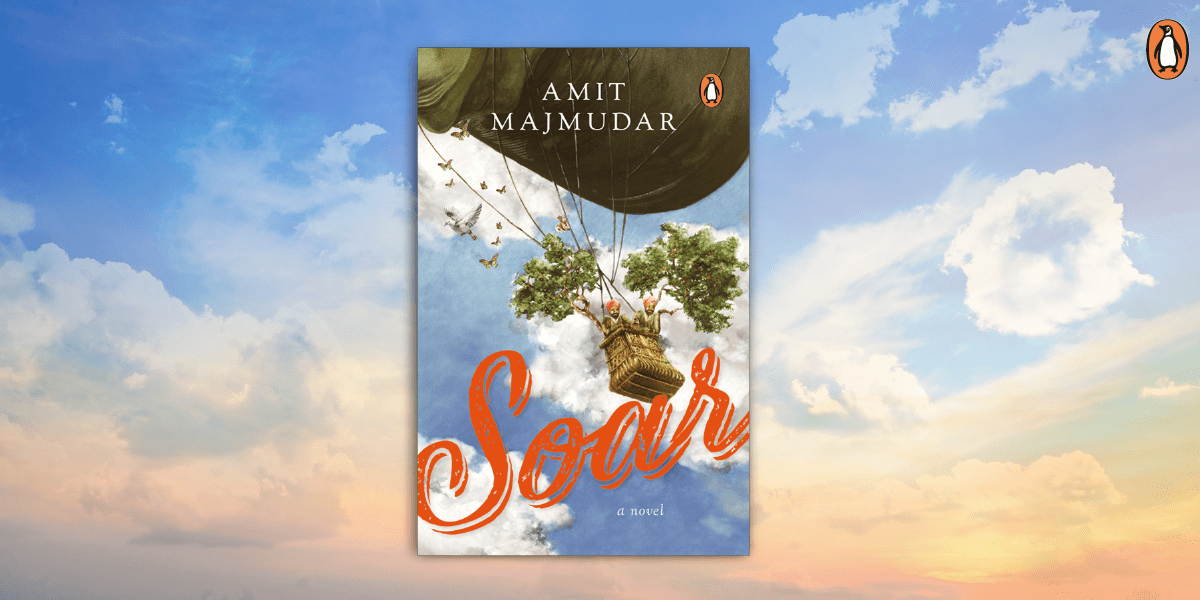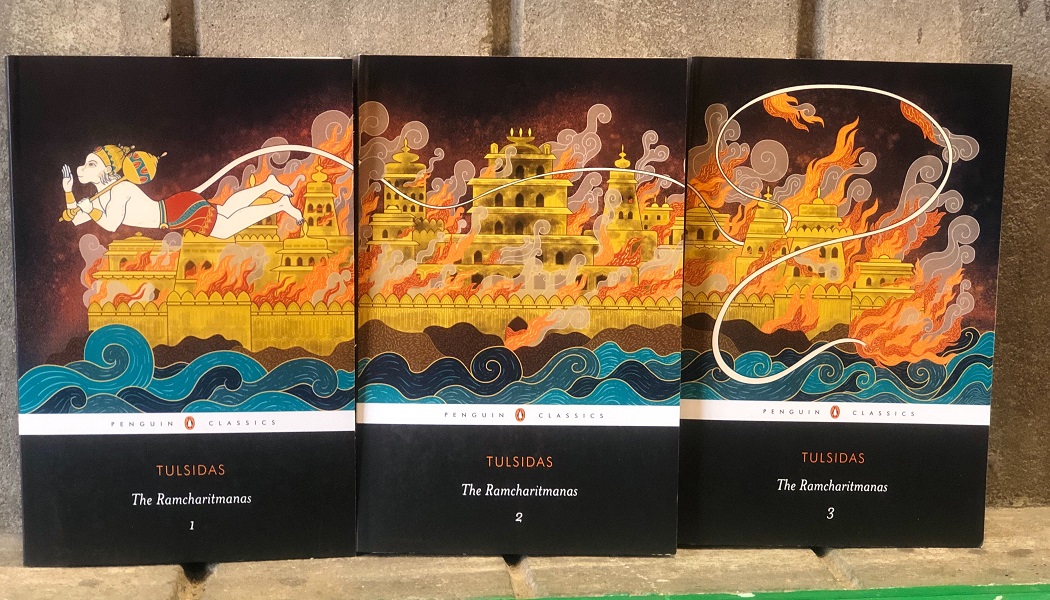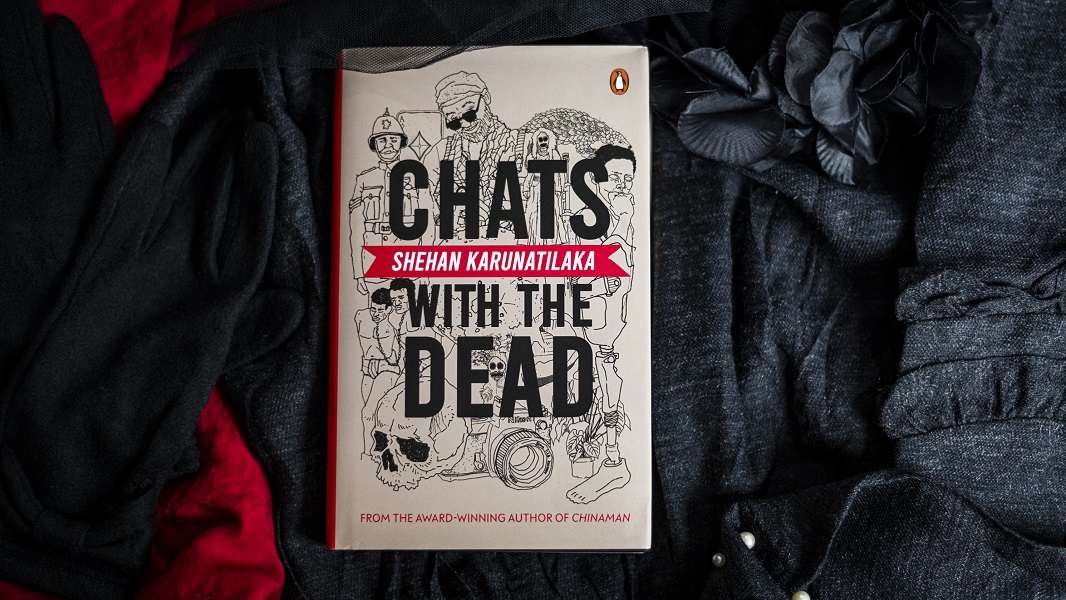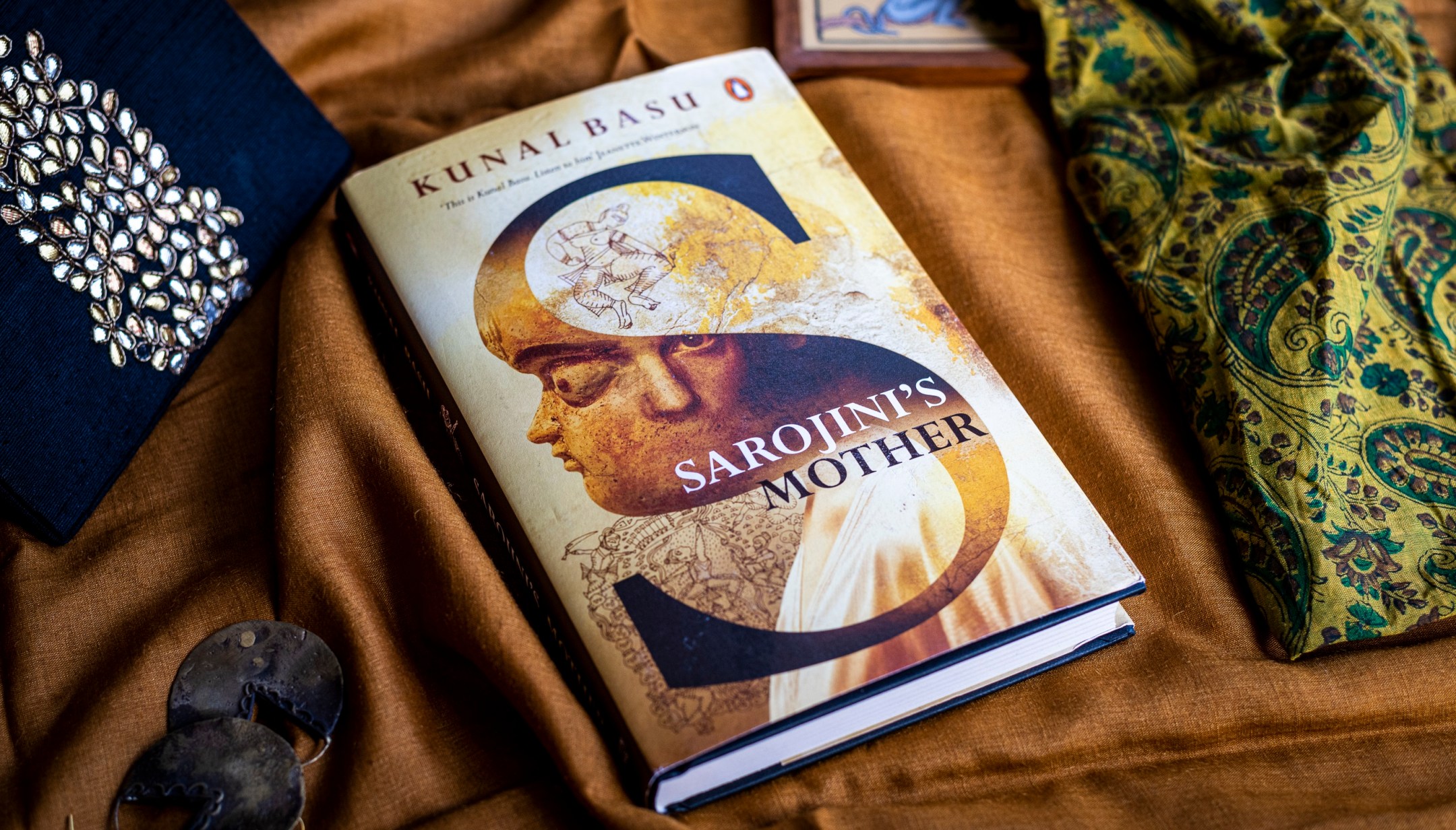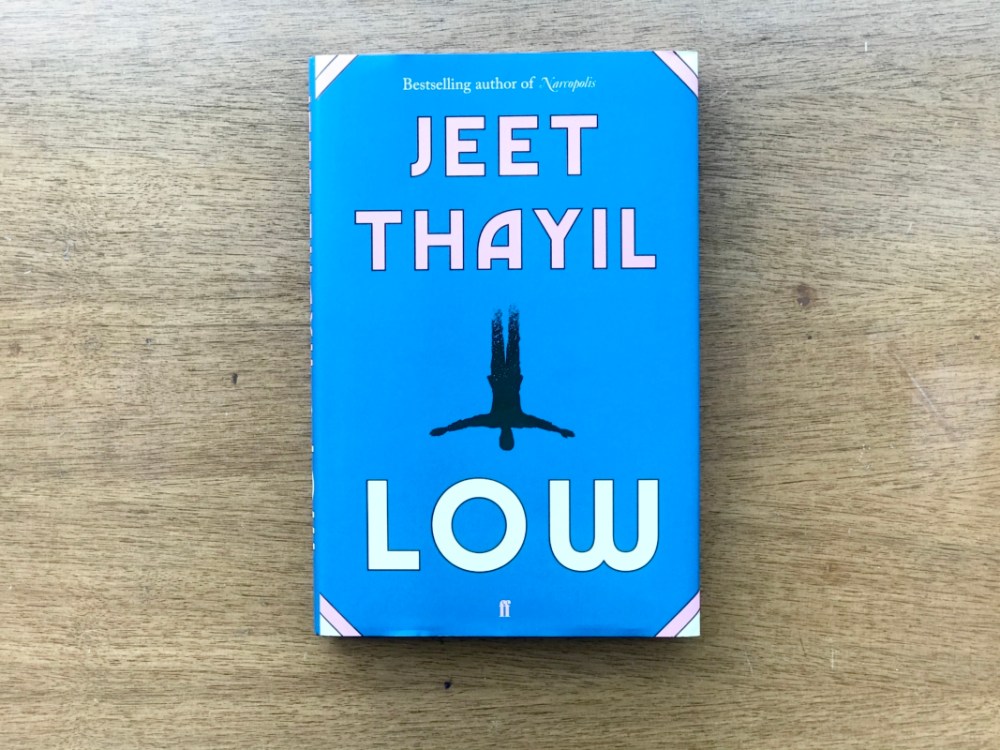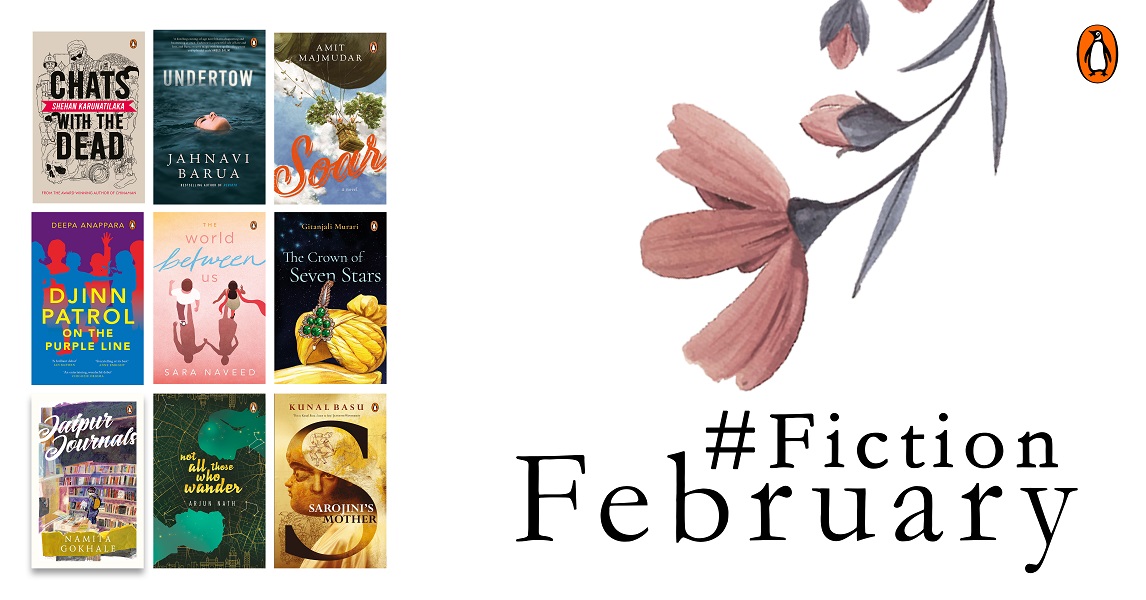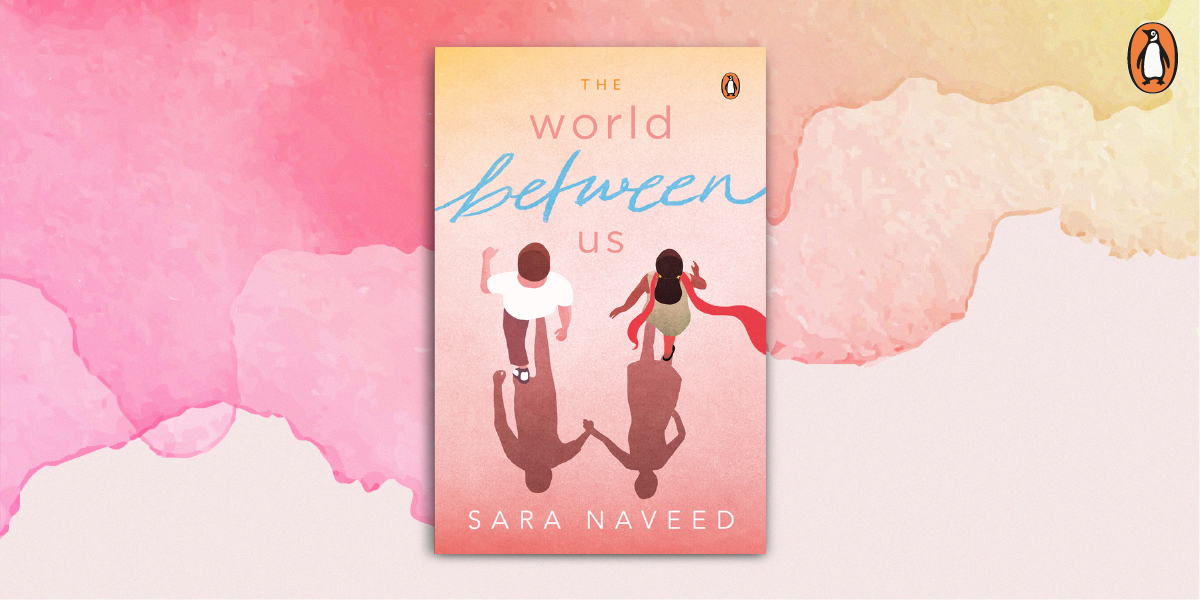Loya is twenty-five, solitary and with restless stirrings in her heart. In an unexpected move, she sets off on an unexpected journey, away from her mother, Rukmini, and her home in Bengaluru, to distant, misty Assam. She seeks her grandfather, Torun Ram Goswami, someone she has never met before.
Twenty-five years ago, Rukmini had been cast out of the family home by her mother, the formidable and charismatic Usha, while Torun had watched silently. Loya now seeks answers, both from him and the place her mother once called home.
In the excerpt below, find a glimpse of the fateful wedding day in 1983, which ends up defining Loya’s exploration of home and family.
The Wedding
3 December 1983
Despite her father’s enormous love for her and her brother’s steady affection, she had been consigned to the margins of life in the Yellow House by Usha. Well, Rukmini found she did not feel so negligible any more. In a glad inversion of the way Usha diminished her, with Alex Rukmini was enhanced; she felt more of herself.
The world would alter again this morning, Rukmini thought as she walked up the path towards Alex. In a few hours, she would be a wife and Alex, her husband. She shivered again and, as if sensing her fear, Arun turned and linked his arm with hers.
At the veranda, Arun released Rukmini’s arm and she walked, instead, beside Alex, into Robin Khura’s small drawing room. It was a humble room, with its old wooden threepiece sofa set and a couple of cane armchairs. That it lacked a woman’s touch was obvious. But Jitu and Robin, with the aid of the woman hired to help around the house, had done their best to smarten it up. The cushion covers were freshly washed and ironed. There were vases of clumsily arranged flowers on the bookshelves, one tall arrangement of fragrant rajnigandha and other of red roses, overblown and already shedding petals.
‘Sit, sit!’ Robin Khura ushered the couple into the twoseater sofa. ‘The magistrate will be here any minute.’
Rukmini sat down beside Alex. Her hand resting on the seat of the sofa was alarmingly close to Alex’s. She hoped he would not reach across and take her hand. She did not know how things were done in his family down in Bangalore but here it was taboo to touch even your spouse in public view. In fact, it was bad form to express any affection or love between a wife and a husband at all. This was not a society that believed in a hug or embrace outside the bedroom.
‘Tea, anyone?’ Jitu asked.
Rukmini spoke quickly, maybe too soon, and regretting her haste. ‘Not now, later, maybe.’ She could not possibly eat or drink anything now. When would the magistrate arrive? She wanted to be done with it all as soon as she could.
‘Easy, sweetheart,’ Alex said and Rukmini felt herself flush. She was embarrassed at Alex’s use of this endearment before the assembled.
There was just the five of them this morning. There would have been more had it not been for the bandh. All eight of their study circle group and many more of their batch mates—Alex after all was a favourite with many. Some of her friends too, from school, may have shown up. The bandh had kept them all indoors. No family either, though Arun and she had three cousins—all in Jorhat. There were none they were particularly close to.
But what of Alex?
Rukmini realized she had not given any thought to Alex’s family, who were absent. His father had died two years ago, but what of his mother and sister, Rose? When asked, he had said that it was too far for them to travel and they would be going down to Bangalore the next day anyway. There, he said, there would a big reception at Bangalore Club. She had not thought it odd then, but now sitting in the still drawing room, suffocated by the cloying scent of the rajnigandhas, Rukmini was struck by how very strange it all was.
The magistrate arrived, half an hour late. At ten minutes past ten, Rukmini put down the pen she had signed her name with and allowed Alex to gather her up in a quick embrace, before bursting into tears.
Undertow presents a delicate and poignant portrait of family and all that it contains. Through Rukmini’s and Loya’s journeys, Jahnavi Barua crafts a complex exploration of home and the outside world, and the ever-evolving nature of love itself.









